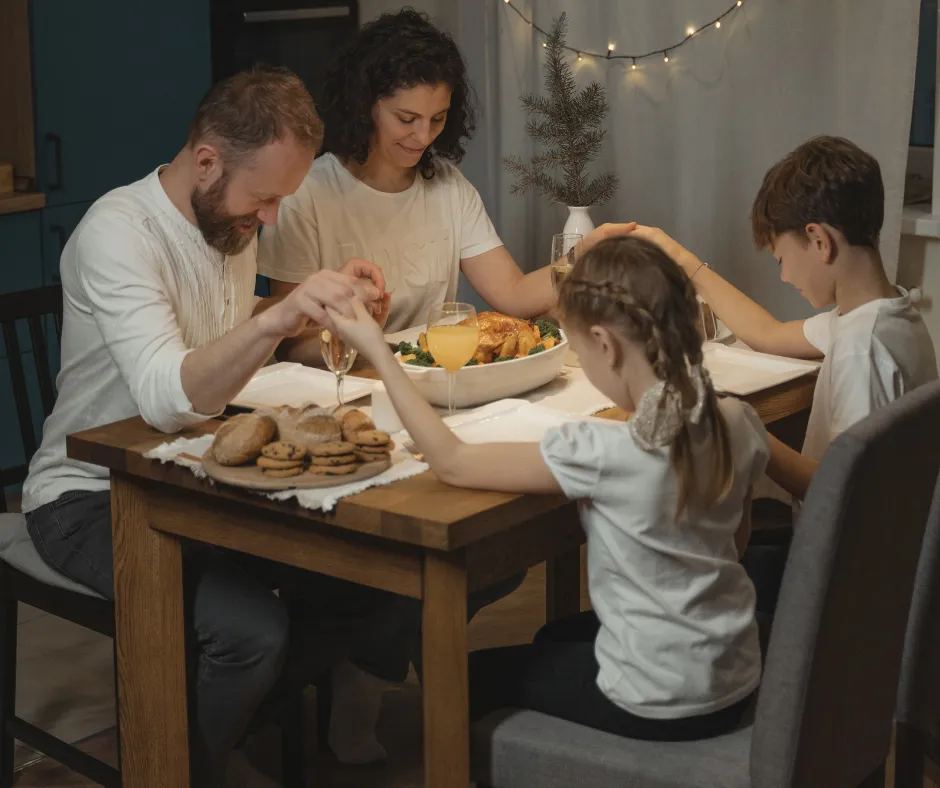
Tips to reduce your child's stress
There might be a number of different reasons your child or young person is feeling stressed or anxious and this will depend entirely on the individual person.
When a child or young person comes to live with you it's not uncommon for them to experience symptoms of anxiety, stress, worry or depression. Although fostering is done in the child's best interest, sometimes it can be difficult for children to understand why they are unable to live with their birth parents.
But it's not just those early days that might make your child or young person feel stressed. They might have worries surrounding school, peer groups, past trauma, internal feelings and pressures.
Seeing your child or young person unhappy can be very upsetting but there are things that you can do to help them and reassure them as they settle.
What are the first steps?
The first step is to find out what the root of the issue is. Have they just joined your family? Have they got contact coming up? Have you got a certain holiday approaching? Once you have determined what the cause of their stress might be you can look into an effective strategy that will help you support your child or young person.
Over time as you become more experienced looking after the child or young person in your care you will soon pick up on what might trigger your child. Understanding these triggers can help build the relationship and trust between you and them as a family.
Encouraging open conversations will help you develop that relationship, giving them the opportunity to chat about their feelings. It's important to listen without being critical.
Our practical tips
Create a safe, calm and secure home for your children and young people.
Commit to a routine. Routines can help children and young people feel safe, build life skills and reduce stress. Not only will it help them but also will help you.
Adopt your own healthy habits. Children often mimic behaviours around them so it's important you are being a positive role model.
Provide affection, encouragement and patience.
Keep an eye out for new signs and behaviours.
Make time to relax. Children need the time to relax and be kids. It's important to ensure your child or young person plays purely for the sake of fun, even sports activities can become more about competition and success than for fun. In those early days be mindful to give your child and young person the time and space to adjust to their new environment.
Encourage your child or young person to express their anxiety. Ask them what it feels like in their body and mind and what might make them feel that way. Sometimes it might be tempting to dismiss how they are feeling because you want to reassure them and tell them it's all OK but it's important to validate their feelings and experiences.
Practice relaxation exercises. Simple exercises like breathing deeply can help you to feel calmer and more relaxed. When your calm, your body is in 'rest' mode, your breathing and heart rate is normal and your muscles are relaxed.
When someone experiences a stressful event your body goes into 'flight, fight or freeze'. Your heart rate increases, your breathing becomes shallow and your stomach also stops digestion. By deep breathing, you are helping increase the oxygen in your bloodstream which in turn helps your body calm down and lower stress.
Belly breathing exercises can be especially good for teenagers who start to feel anxious in school or with friends as they can be implemented anywhere without drawing attention.
You may also like...




We Are Here To Guide You
Become a Foster Carer Today
Call: 01622 760 600
You may also like...



Ready to change a young persons life?

(made to each fostering household with a placement).
